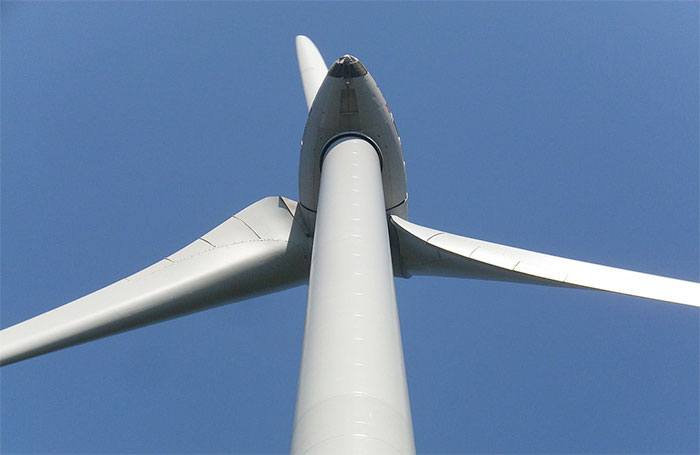
A contemporary Borders family farming business that specialises in arable crops and free-range eggs has renewable energy generation at the heart of its successful operation.
Woodend Farming Partnership (WFP) is a family farm business formed by John and Louise Seed together with their daughter Lindsay and son Donald and is based at Woodend near Duns in Berwickshire.
It is a 200ha farm that has also established three renewable energy units - 950kW of biomass, 75kW of wind and 50kW of solar PV. This significant investment into renewable energy means that it has dramatically reduced its reliance on fossil fuels, slashed energy costs and can harvest and dry its crops quickly and efficiently.
All three renewable technologies will be on display on Tuesday, 22 July when John Seed hosts the latest on-farm event organised by NFU Scotland’s Renewable Development Initiative (RDI) to which any interested farmers are invited to attend.
The RDI, co-ordinated by Thomas McMillan of Smiths Gore, is helping Scottish farmers and land managers fulfil their energy generating potential. Through a programme of on-farm events, the initiative has already shown hundreds of Scottish farmers energy projects that are contributing to farm businesses or at the planning stage. RDI on-farm open days held across Scotland in the past six months have looked at wind, solar, biomass, hydro and anaerobic digestion.
Speaking ahead of the event, Mr John Seed said: “The farming sector has become too reliant on fossil fuels. Using renewable energy allows farmers to reduce the risk from volatile world fuel markets.
“Fossil fuel used to cost Woodend Farming Partnership £128,000 per year. Including the Renewable Heat Incentive and Feed In Tariff payments, energy costs are now a net positive. Farmers can’t change the price they receive for their crops, but they can influence their variable costs such as energy and fertiliser.
“The installations have also changed the way we go about our business. WFP can now cut our grain earlier, when it is at its best quality, instead of waiting for it to drop to 17% moisture as our grain drying set up means that drying is no longer a major cost.
“The mix of technologies has also given us a better balance to our energy generation. It’s windy in the winter, and sunny in the summer. By having solar panels and a wind turbine, this creates a more stable supply of electricity rather than reliance on just one technology. By comparison, biomass supplies heat all year round.”
